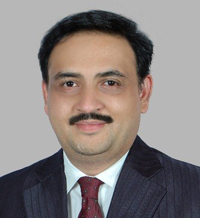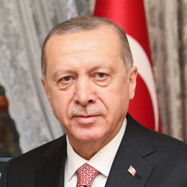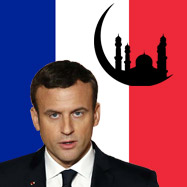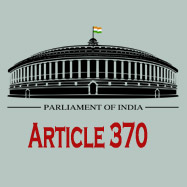Countering Islamic State Ideology: Voices of Singapore Scholars edited by Muhammad Haniff Hassan and Rohan Gunaratna, with a Foreword by Karen Armstrong
People often complain that Islamic scholars do little more than condemn the inhuman acts of so-called jihadist groups and fall short of delivering strong, incontrovertible rebuttals against the vicious narratives of terrorist groups, like Al-Qaeda and the Islamic State (IS). It has also been stated that the ever-rearing Hydra-like heads of terrorism will have to be endlessly severed until genuine Islamic scholarship drains the very swamp of irreligious radicalism from which the monstrosity continually raises new and ugly distortions.
- Published: April-June 2021
















